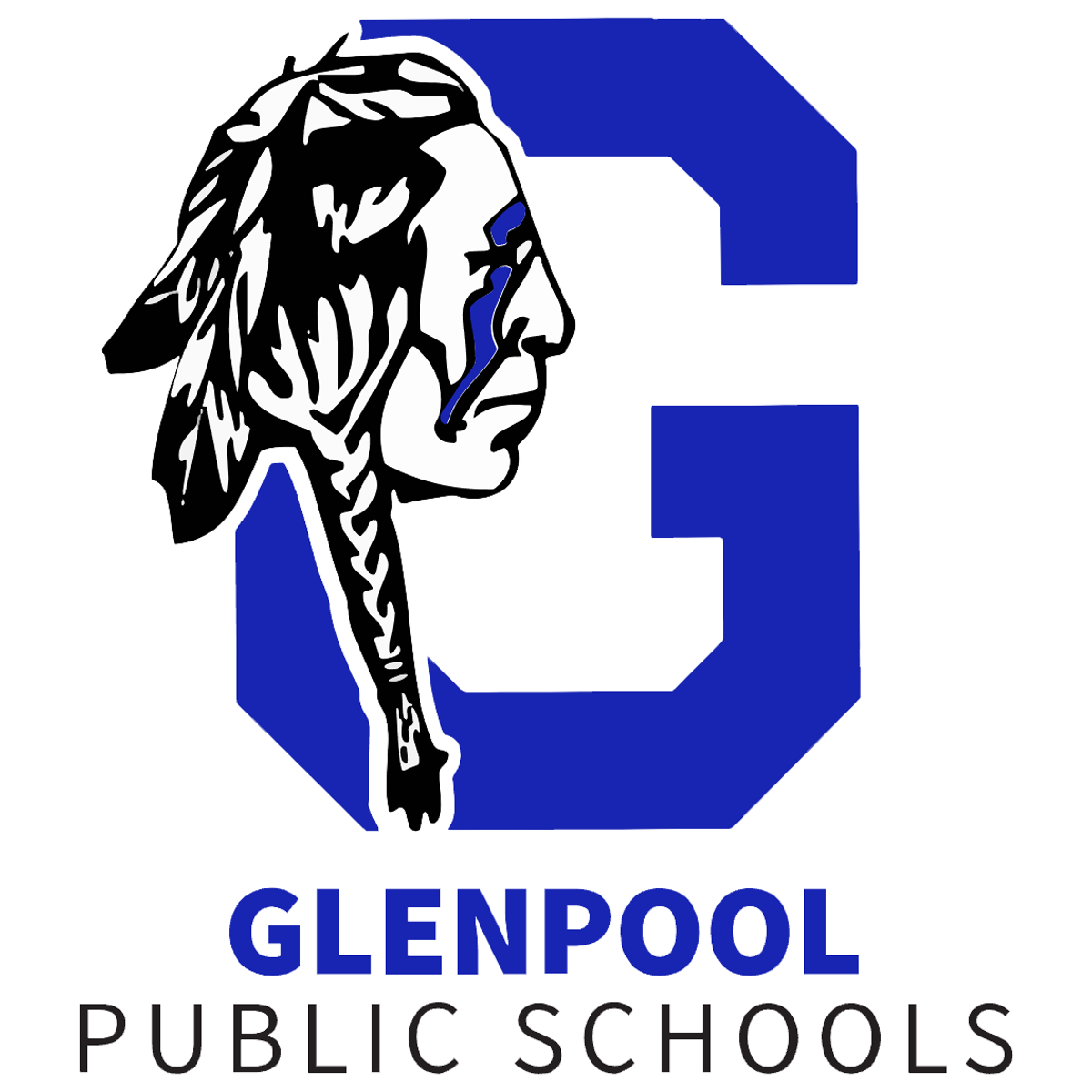918-322-9500 x611
Counseling Center
Bill Dieker
The Glenpool Intermediate counseling department is here to meet the needs of our students, families, and school. The counseling page contains a wealth of information and counselors are available to assist families.
1. What services does the school counselor provide?
Intermediate school counselors provide guidance, small group, and short-term counseling for all students (with parental/guardian permission). If you would like to make a referral for a student, please contact either of our school counselors.
2. How do parents contact the school counselor?
Parents may contact the school counselor at any time via email or phone regarding their student. We can discuss your concerns on the phone or you are welcome to come to our school to meet with us. Parents may call or email the school counselor to set-up a conference.
3. How do I get referred for outside services?
The school counselor's role is to assist students. This can include issues with friends, anxiety, social issues, and problems at home that are affecting their school day. When there are difficulties at home (i.e., divorce, death of a loved one, deployment) that are not a result of the student's school day, but are affecting the child greatly during school it may be best to discuss referring to an outside, private counselor. If a parent/guardian decides private counseling is necessary for their child and/or family, the school counselor can provide referral information regarding local counseling agencies.
4. If it is a weekend or during a break, how do I get help for Crisis Counseling?
Our district has many resources for various situations. Please click here for local resources. You are welcome to ask your counselor for a more comprehensive list of local resources to contact in case of a crisis situation.
5. What are the parameters of school counseling and confidentiality?
The ethical obligation of confidentiality for school counselors are very different from those of teachers. Confidentiality is extremely important to maintain a trusting relationship between counselor and student. Students are told that what they tell their school counselor is private unless someone is in danger. Only then will a school counselor tell someone to ensure students are safe and healthy. Information is never disclosed to other staff members, parents, or other students unless permission is granted. If a student discloses information deemed crucial to a child's safety or well-being, the student is informed that his/her parent/guardian must be notified. Please click here for more information.
6. Does seeing the counselor mean I am in trouble?
When you receive a pass with a counselor's name on it, it does not mean you are being called in because you did something wrong or "bad". In fact, a counselor acts as an advocate for students! An advocate is someone who wants to listen to what you are saying and assist you in coming up with reasonable solutions that will make your situation better. Although counselors cannot solve your problems for you; they can provide a safe place to talk when you are not sure where to go or what to do.
CREOKS Counseling
CREOKS services are geared toward promoting students emotional well-being and behavior, leading to enhanced school performance. CREOKS provides on-site appointments during the school day. More information...
Suicide Hotline
(800) 273-TALK(8255)
National Suicide Prevention Lifeline and Veterans Crisis Line
